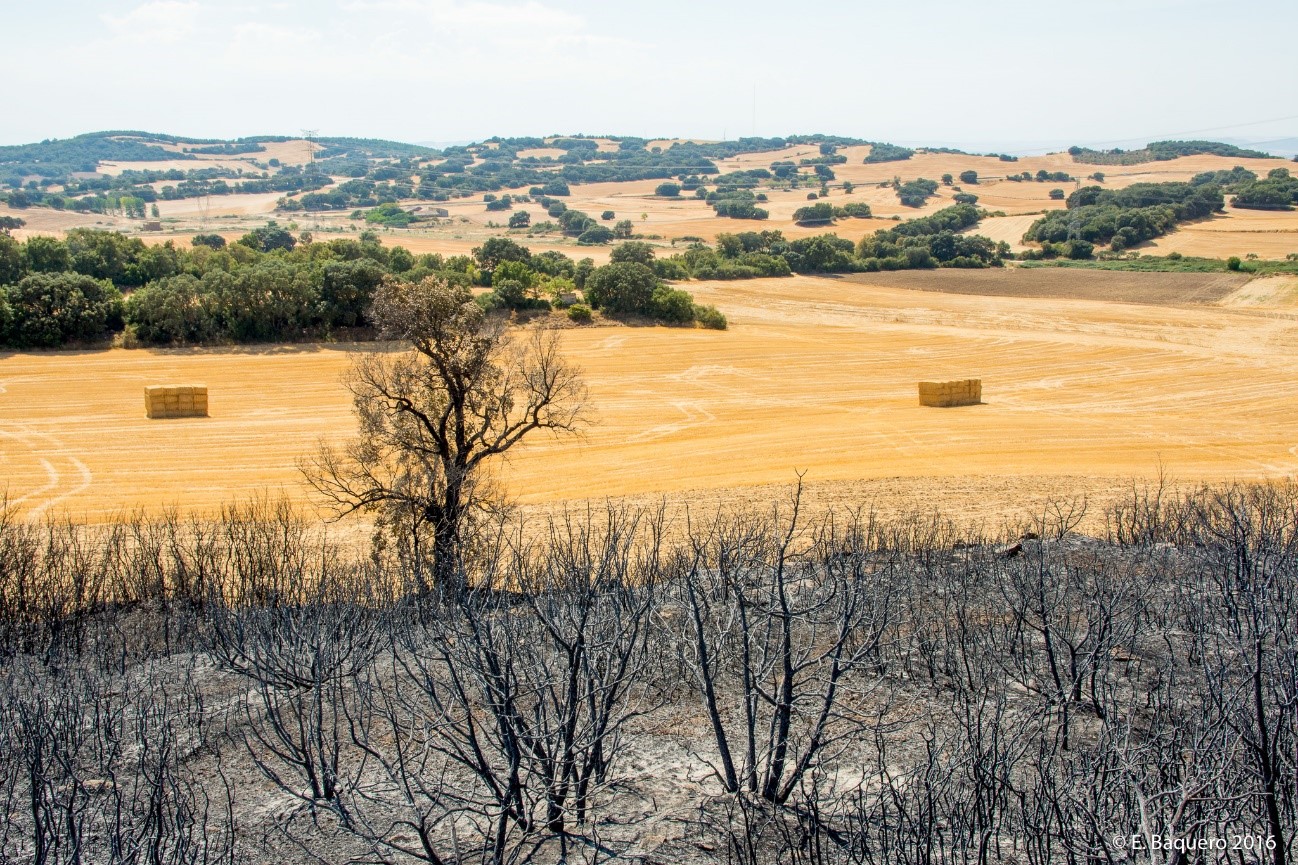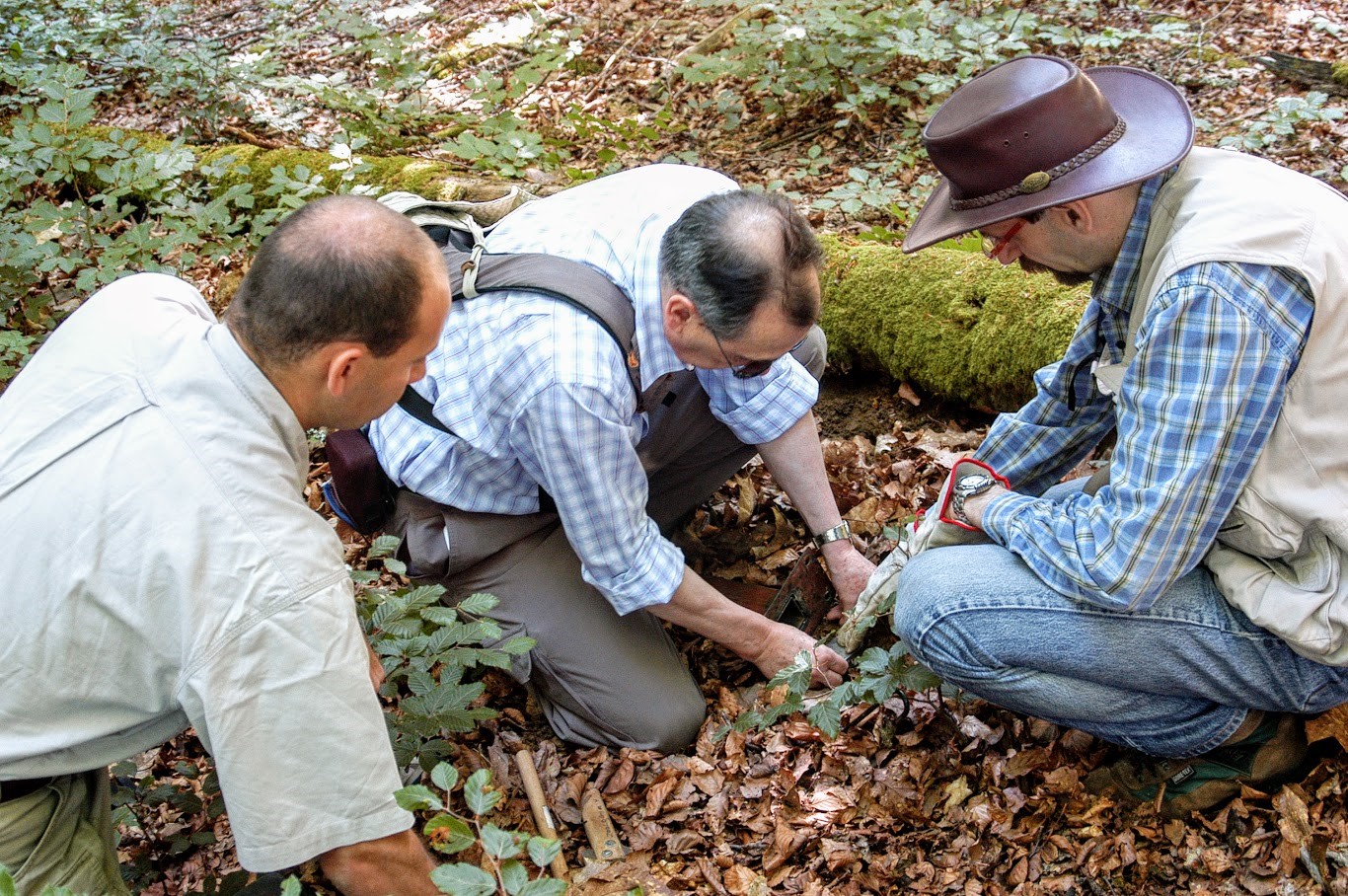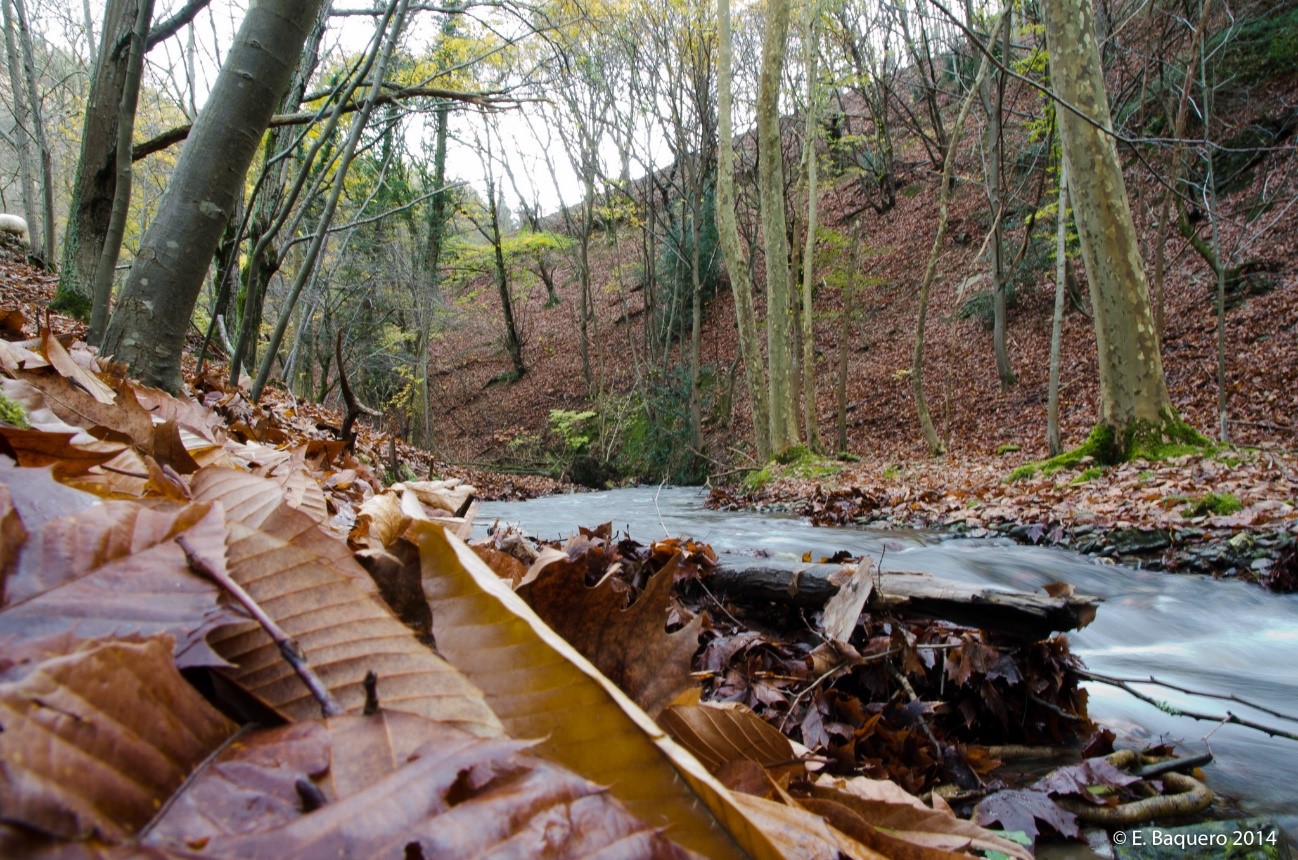 network of biodiversity observatories
network of biodiversity observatories
Biodiversity monitoring networks are a useful systematic method for collecting data on the distribution and evolution of species.
Tracking or monitoring networks are common for the management of protected species, both those of economic or public health interest and those that reflect the conservation status of an ecosystem. However, organisms without obvious epidemiological, economic or territorial management considerations usually lack this subject of monitoring networks. As members of the ecosystem, these groups also report on its dynamics, but in many cases the association between the changes they experience in the environment and in the community is not yet known. In this regard, there is a great scarcity of data on time series in the field of biology. From this point of view, the Natural History Museums and Collections of research provide valuable information that facilitates the study of biological phenomena that otherwise could not be analyzed. But the information found in Museums often lacks spatial and temporal continuity.

The project ROBIN aims to establish the basic structure of a monitoring network of a set of ecosystems in Navarra, based on standardized ecological sampling for the different groups of flora and fauna, and on the centralization of the data in a single database. The network will allow the collection of data of scientific quality and will be a tool for the teaching and knowledge dissemination of nature. This includes the development of sampling protocols, periodicity, processing and analysis of samples, standardization and purification of the data, publication and periodic dissemination of the results and its openness to the participation of students and volunteers interested in the environment.

The Science Museum of the University of Navarra is an entity that was created with the spirit of gathering the experience professor and the results of the research of Biodiversity and Environment Institute, and make them accessible to society to promote the Education in environmental ethics, the dissemination of knowledge on the natural environment, and the creation of scientific vocations among young people.

An infrastructure such as proposal can be considered a common good both for Science and for the community where it is connected. By facilitating students' involvement and participation in the establishment, maintenance and use of this network, the concept of service-learning is fostered in them, integrating in their teaching the responsibility of an altruistic work for the benefit of society with the expected rigor of a "real" monitoring activity on the results of which decisions on biodiversity conservation and management may depend.
Funding from project:
- Plan of research of the University of Navarra projects (PIUNA).
